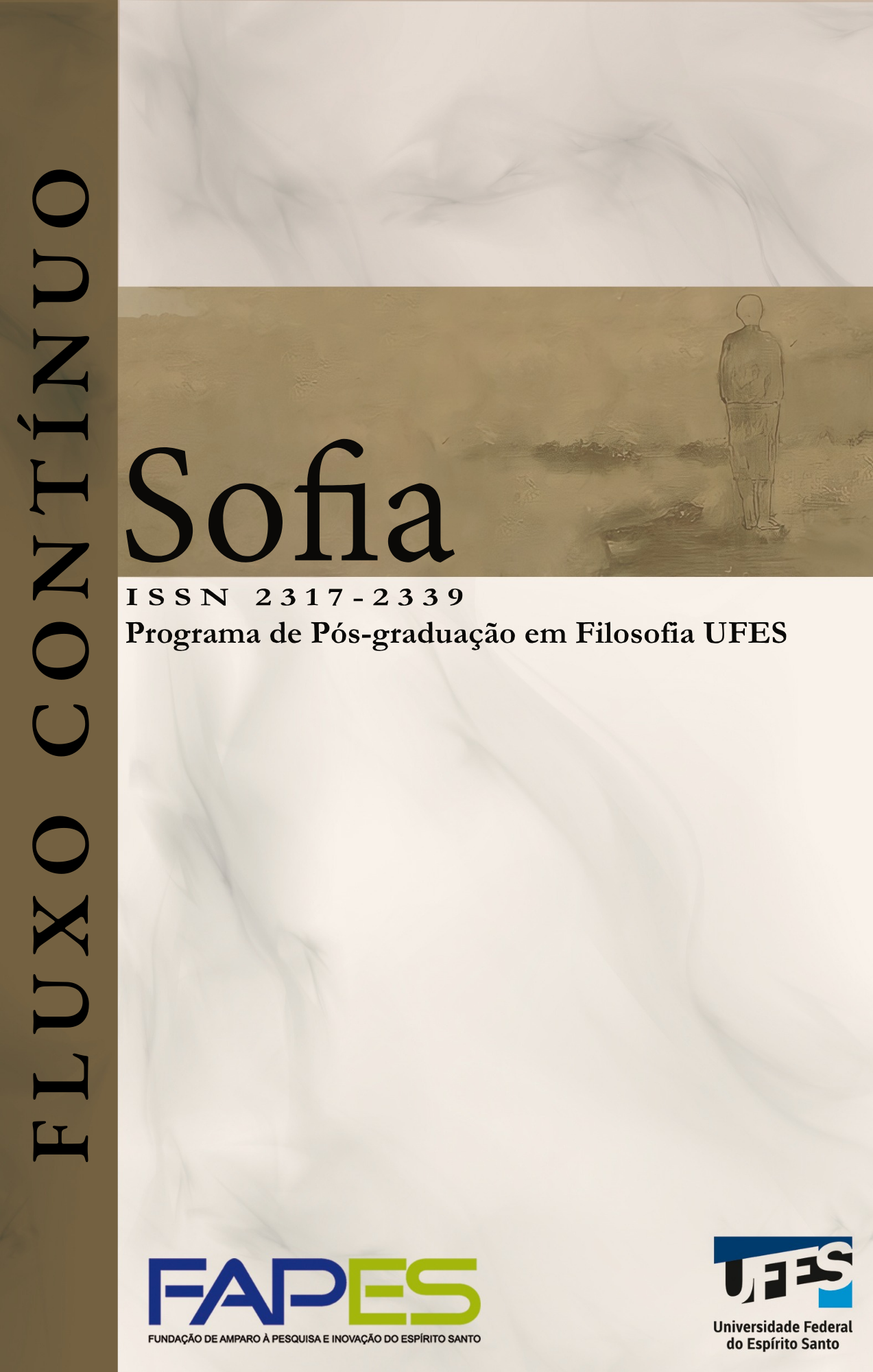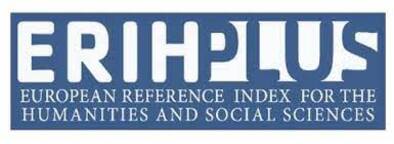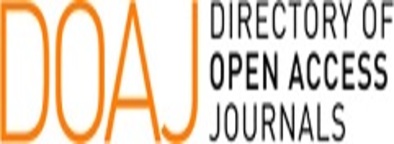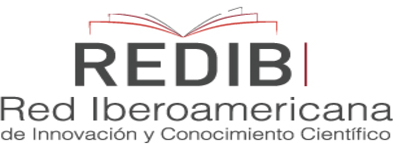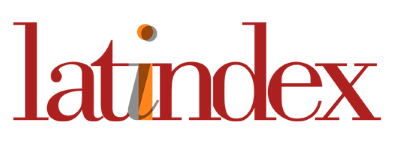Martin Heidegger and Aristóteles
The Interpretation of Sophía in Metaphysics I, Chapters 1-2
DOI:
https://doi.org/10.47456/sofia.v13i2.47262Keywords:
phenomenology, hermeneutics, ontology, facticity, mobilityAbstract
The aim of this article is to present Heidegger's intentions based on the interpretation of chapters 1 and 2 of Book I of Aristotle's Metaphysics in their most important elements. These intentions are made explicit in the so-called Natorp-Bericht of 1922. I will highlight in particular the phenomenological interpretation of Aristotelian wisdom (σοφία). In this way, Heidegger considers fundamental not only the sense that the dianoetic virtues (σοφία and φρόνησις) come from the illumination of the interaction of factic life with the world-around (Umwelt), but also the fact that σοφία, as a tendency towards pure contemplation, is a derived form, rooted in the facticity of Dasein and, therefore, based on an original ontological priority.
Downloads
References
GA 60: Phänomenologie des religiösen Lebens (GA 60). Frankfurt am Main: Vittorio Klostermann,1995 (22011) = HEIDEGGER, 1995.
GA 61: Phänomenologische Interpretationen zu Aristoteles. Einführung in die phänomenologische Forschung [WS 1921/1922] (GA 61). Frankfurt am Main: Vittorio Klostermann,1985, (21994) = HEIDEGGER, 1985.
GA 62: Phänomenologische Interpretationen ausgewählter Abhandlungen des Aristoteles zuOntologie und Logik (Sommersemester 1922) (GA 62). Frankfurt am Main: Vittorio Klostermann,2005 = HEIDEGGER, 2005.
GA 63: Ontologie. (Hermeneutik der Faktizität) [SS 1923] (GA 63). Frankfurt am Main: Vittorio Klostermann,1988, (32018) = HEIDEGGER, 1988.
GA 17: Einführung in die phänomenologische Forschung (Wintersemester 1923/24)
Ed.: Friedrich-Wilhelm von Herrmann. Frankfurt am Main: Vittorio Klostermann, 1994; 22006 = HEIDEGGER, 1994.
GA 18: Grundbegriffe der aristotelischen Philosophie (Sommersemester 1924)
Ed.: Mark Michalski. Frankfurt am Main: Vittorio Klostermann, 2002 = HEIDEGGER, 2002
GA 19: Platon: Sophistes (Wintersemester 1924/25). Ed.: Ingeborg Schüßler. Frankfurt am Main: Vittorio Klostermann, 1992 (22018) = HEIDEGGER, 1992.
GA 20: Prolegomena zur Geschichte des Zeitbegriffs (Sommersemester 1925)
Ed.: Petra Jaeger. Frankfurt am Main: Vittorio Klostermann, 1979; (21988); (31994) = HEIDEGGER, 1979.
GA 21: Logik. Die Frage nach der Wahrheit (Wintersemester 1925/26)
Ed.: Walter Biemel. Frankfurt am Main: Vittorio Klostermann, 1976; (21995) = HEIDEGGER, 1976.
GA 22: Die Grundbegriffe der antiken Philosophie (Sommersemester 1926)
Ed.: Franz-Karl Blust. Frankfurt am Main: Vittorio Klostermann, 1993; (22004) = HEIDEGGER, 1993.
GA 23: Geschichte der Philosophie von Thomas von Aquin bis Kant (Wintersemester 1926/27). Ed.: Helmuth Vetter. Frankfurt am Main: Vittorio Klostermann, 2006 = HEIDEGGER, 2006.
GA 2: Sein und Zeit (GA 2). Frankfurt am Main: Vittorio Klostermann, 1977 (22018) (Hrsg. Friedrich-Wilhelm von Hermann). Traduções brasileiras: Ser e Tempo. Trad. de Márcia Sá Cavalcante Schuback. Petrópolis/Bragança Paulista: Vozes/Editora Universitária São Francisco,2006; Ser e Tempo. edição em alemão e português. Trad., organização, nota prévia, anexos e notas por Fausto Castilho. São Paulo-Petrópolis: Editora Unicamp-Vozes,2012 = HEIDEGGER, 2012.
GA 24: Die Grundprobleme der Phänomenologie (Sommersemester 1927)
Ed.: Friedrich-Wilhelm von Herrmann. Frankfurt am Main: Vittorio Klostermann, 1975; (21989); (31997) = HEIDEGGER, 1975.
GA 25: Phänomenologische Interpretation von Kants Kritik der reinen Vernunft (Wintersemester 1927/28) Ed. Ingtraud Görland. Frankfurt am Main: Vittorio Klostermann, 1977; (21987); (31995) = HEIDEGGER, 1977.
GA 26: Metaphysische Anfangsgründe der Logik im Ausgang von Leibniz (Sommersemester 1928) Ed.: Klaus Held. Frankfurt am Main: Vittorio Klostermann, 1978; (21990); (32007) = HEIDEGGER, 1978.
GA 80.1: Dasein und Wahrsein (nach Aristoteles) (1923/1924), In: Vorträge: Teil 1: 1915 bis 1932. (GA 80.1). Frankfurt am Main: Vittorio Klostermann,2016 = HEIDEGGER, 2016.
AGNELLO, C. Heidegger e Aristotele: verità e linguaggio. Genova: Il melangolo,2006 = AGNELLO, 2006.
COSTA, V. La verità del mondo. Guidizio e teoria del significato in Heidegger.Milano: Vita e Pensiero, 2003 = COSTA, 2003.
FIGAL, G. Fenomenologia - Heidegger depois de Husserl e dos gregos, In: DAVIS, B.W. (ed.). Martin Heidegger. Conceitos fundamentais. Petrópolis: Vozes, 2022, p. 59-72 = FIGAL, 2022.
SEGURA PERAITA, C. Hermeneutica de la vida humana. En torno al Informe Natorp de Martin Heidegger. Madrid: Trotta Editorial, 2002 = SEGURA PERAITA, 2002
SOMMER, Ch. Heidegger, Aristote, Luther. Paris: PUF,2005 = SOMMER, 2005.
THANASSAS, P. Phronesis vs. Sophia: on Heidegger’s Ambivalent Aristotelianism, The Review of Metaphysics 66 (2012) = THANASSAS, 2012.
VOLPI, F. Heidegger y Aristóteles. Buenos Aires: Fondo de Cultura Económica, 2012 = VOLPI, 2012.
YFANTIS, D. Die Auseinandersetzung des frühen Heidegger mit Aristoteles: ihre Entstehung und Entfaltung sowie ihre Bedeutung für die Entwicklung der frühen Philosophie Martin Heideggers (1919-1927). Berlin: Duncker & Humblot, 2009 = YFANTIS, 2009.
ZARADER, M. Heidegger e as palavras da origem.Lisboa: Instituto Piaget,1998 = ZARADER, 1998.
Published
How to Cite
Issue
Section
License
Copyright (c) 2024 Jorge Augusto da Silva Santos

This work is licensed under a Creative Commons Attribution 4.0 International License.
Dada a política de acesso público da revista, o uso dos textos publicados é gratuito, com a obrigação de reconhecer a autoria original e a primeira publicação nesta revista. Os autores das contribuições publicadas são inteiramente e exclusivamente responsáveis por seus conteúdos.
I Os autores autorizam a publicação do artigo nesta revista.
II Os autores garantem que a contribuição é original e assumem total responsabilidade pelo seu conteúdo em caso de impugnação por terceiros.
III Os autores garantem que a contribuição não está sob avaliação em outra revista.
IV Os autores mantêm os direitos autorais e concedem à revista o direito de primeira publicação, sendo o trabalho licenciado sob uma Licença Creative Commons Atribuição-BY.
V Os autores são autorizados e incentivados a divulgar e distribuir seu trabalho on-line após a publicação na revista.
VI Os autores dos trabalhos aprovados autorizam a revista a distribuir seu conteúdo, após a publicação, para reprodução em índices de conteúdo, bibliotecas virtuais e similares.
VII Os editores reservam o direito de fazer ajustes no texto e adequar o artigo às normas editoriais da revista.

